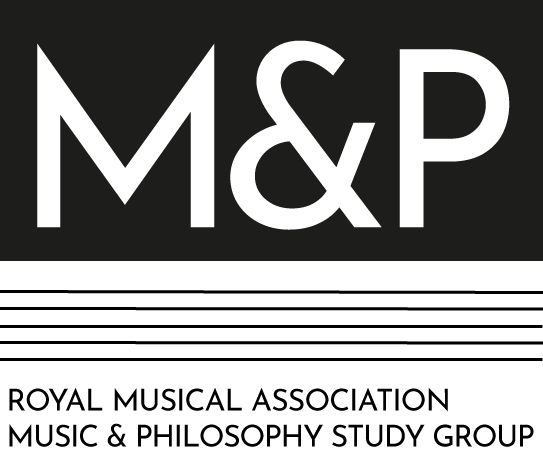Music and Queer Theory
Call for contributions – Transposition. Musique et sciences sociales nº 3
(http://transposition-revue.org/)
Queer theory is likely one of the most well-known and controversial
recent schools of thought, and its impact has been felt in the academic
world and beyond. It appeared in the early 1990s in the United States,
as a direct offshoot of LGBT (lesbian, gay, bisexual, transgendered)
collectives, the work of Foucault (in particular, his History of
Sexuality and ideas such as “biopolitics”), and Derrida’s
deconstructionism. This school of thought, while in no way a homogenous
trend, is characterized by the questioning of the notion of gender and
the idea that sexual identity and behaviour would be genetically
determined. In this context, queer theory formulates the hypothesis that
sexuality is actually a social construction. This presumes that
sexuality is not biologically stamped on human nature, but rather takes
on ever-changing social forms, wherein a given individual can live out
one or many sexual identities. This hypothesis leads us to call into
question social classifications from the fields of traditional
psychology, philosophy, anthropology, and sociology, which tend to look
at one measure at a time for classifying individuals (class, gender, etc.).
Musicology has also fallen under the influence of queer theory, what
with the research groups, books, articles, and dissertations that
address previously unexplored or even taboo issues, such as the
construction of sexual identity through or in music. From a
methodological perspective, this school of thought has been part of the
recent theoretical renewal at an international level, wherein
“traditional” methods of musical analysis and historical musicology are
used in concert with historical, sociological, literary, aesthetic,
anthropological, and socio-geographical techniques. This allows the
researcher to apprehend the construction process of the musical “object”
and its social dimension in all its complexity.
This issue of Transposition. Musique et sciences sociales aims to
bolster this theoretical overhaul, through articles and case studies
which explore ideas from queer theory in music of any genre. We also
welcome more theoretical texts which examine the contributions or
limitations of this school of thought in the field of musicology.
Papers (in French or in English), which conform to the requirements of
the publication
(http://transposition-revue.org/spip.php?rubrique4&lang=en), should be
addressed to the editing committee before the 31th Mars 2012 at this
address: transposition.submission@gmail.com



